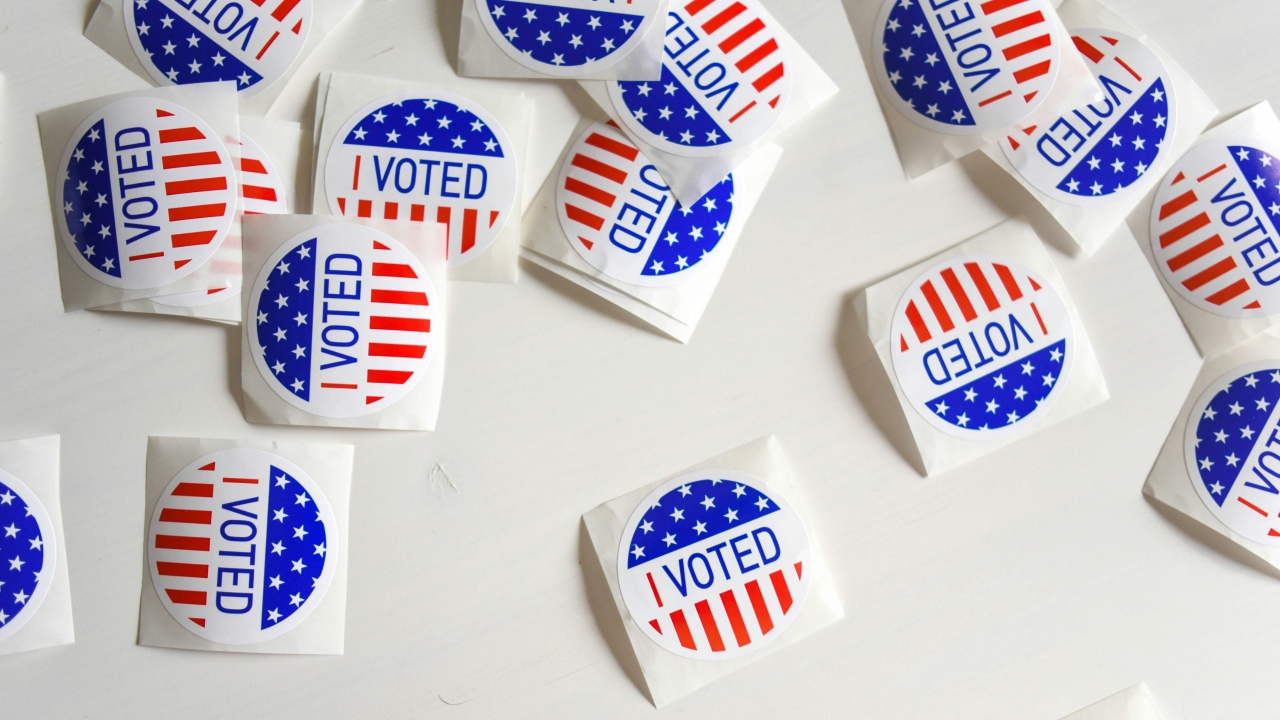
Why Vote?
Many Christians are politically demoralized. They sense that politicians do not care about them and that the available candidates fall short of the virtues they hold dear. Decades of propaganda have had their intended effect in suppressing the evangelical vote in America, so much so that Barna recently reported that 41 million born-again Christians are not planning to vote this year.
Though evangelicals have traditionally been a bulwark for conservative politicians in America aiming to defeat leftist candidates, such widespread demoralization and poor political reasoning mean that American evangelicals are poised to turn out to vote in lower numbers than in previous elections. Some cite concerns about the Republican platform walking back its staunch pro-life commitments and Trump’s inconsistent remarks regarding abortion. Others sense their vote won’t matter because they live in predominately blue areas. This raises an interesting question: Why does your vote matter?
Some truths about voting:
Voting is a choice between options for a preferred political future for your family.
It's not just a decision; it's a responsibility and a privilege that empowers you to shape the future. While every election seems to carry the weight of the future as the most “consequential election of our lifetime,” they all boil down to a simple choice between options. The question you are faced with is: which option will be better for my family?
Voting is not a sacrament.
Perhaps you recall the ongoing partnership between MTV and Rock the Vote, which made voting something you must do to secure your salvation via democracy. This twists voting into a means of grace, wherein you must vote in order to be a “good person.”
But it is not fundamentally about honoring those who sacrificed their lives for our country (as grateful as we are for their love). While we honor our forefathers who gave their lives in defense of our country by living in line with their virtue, we don’t vote primarily to honor them. If we remember them in our vote, let us not forget how horrified they would be at what our country has become in its quest to tear down statues celebrating them.
Voting should not be based on guilt, but on preference.
Such motivations as those above create guilt-voting, something liberals are very good at inducing. Voting should not be motivated by guilt but instead a desire for a preferred future. Elections are a choice between a few small options, and you can select the one that you find most preferable, without feeling particularly guilty about it.
Voting is a way to love your neighbor.
You are not voting as an act of evangelism. As James Wood has pointed out, some evangelicals filter their voting decisions through the lens of evangelism, so that “our political judgments and actions are filtered through how likely they will make our neighbors to receive the gospel message.” This creates an unhelpful paradigm through which to view your vote, and rather than asserting the good things you value through your vote, you embrace dhimmitude by giving enemies of the gospel exactly what they want. Instead, you should vote for policies and politicians that you believe are in your own best interest and the best interest of your neighbor (even if your neighbor doesn’t think they are best). Yes, if you vote to outlaw abortion, that will make your pro-baby murder neighbor upset. So be it.
While voting is not a sacrament, voting is a duty.
Because we live in a constitutional republic, citizens have power and therefore certain duties. Just as a husband should love his wife (even when respect isn’t reciprocated from her), so too should a citizen fulfill his duty even if his ideal candidate isn’t on the ballot or if his vote is radically different from his neighbor's and might be “wasted.” Many evangelicals who live in blue areas and sense that their vote won’t matter are disinclined to vote because they don’t think they can win. While we should aim to win, voting is about fulfilling your neighborly duty first.
Voting is not about giving up your rights but securing them.
The idea that our vote should be about what others want and divesting ourselves of power is foolish. However, this is a talking point that has mass appeal to certain evangelicals who want to be like Christ. The reality of the kenosis of Christ has been twisted to suggest that Christians should give up power, and a key way to do that is by voting for policies that make your enemies happy.
Voting is not an act of political protest.
By withholding your duty to vote, you are only signaling you have no interest in fulfilling your duties if you don’t get your way. This is childish. We should not fail to fulfill our duties and hope that the other party will take notice and then meet our needs. This type of behavior would wreck a marriage.
Finally, voting is not like choosing a spouse, nor is it making a permanent alignment with a politician.
It is a calculated decision during a certain time and place. Some fear that their vote is more than a mere choice but a permanent decision to support a candidate forever. This is far from true.
Evangelical, as you go to the voting booth this November, don’t fall prey to the false framing of your vote. Yes, vote your conscience, but make sure the Bible and an accurate conception of politics inform your conscience. Your vote matters even when you think it doesn’t because it is a type of fulfillment in your duties to your nation.

